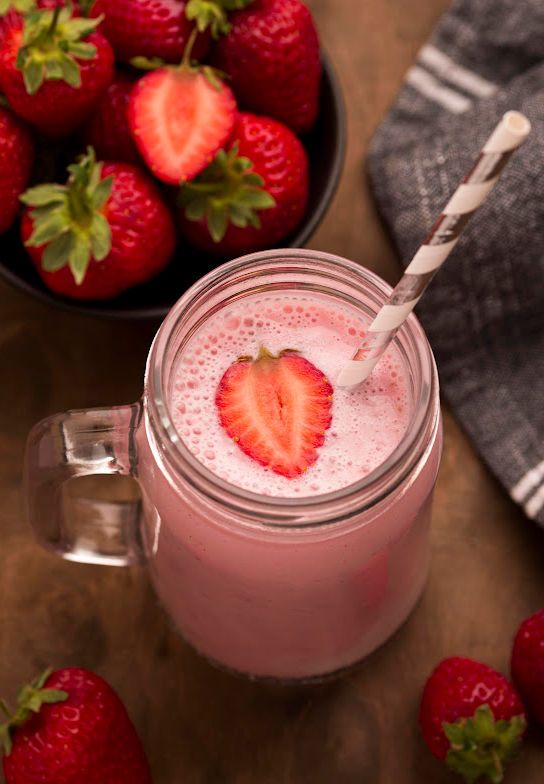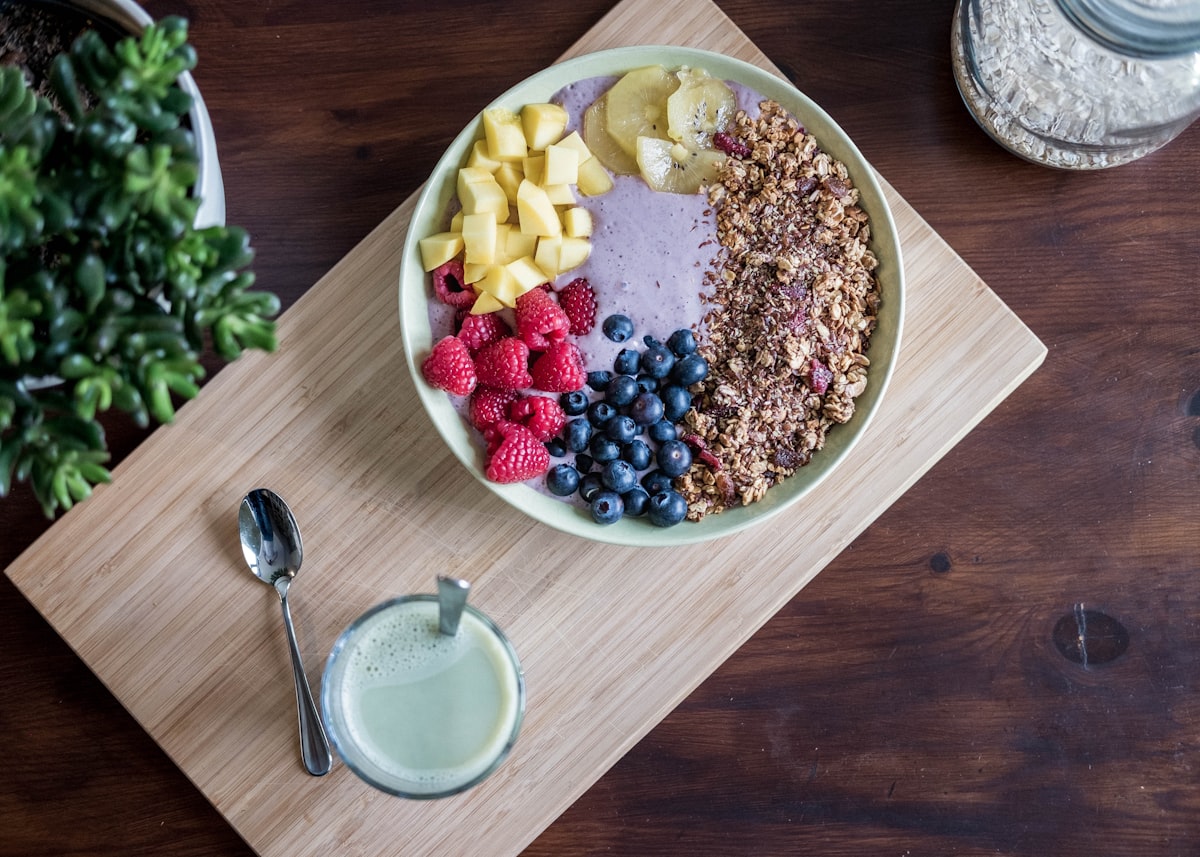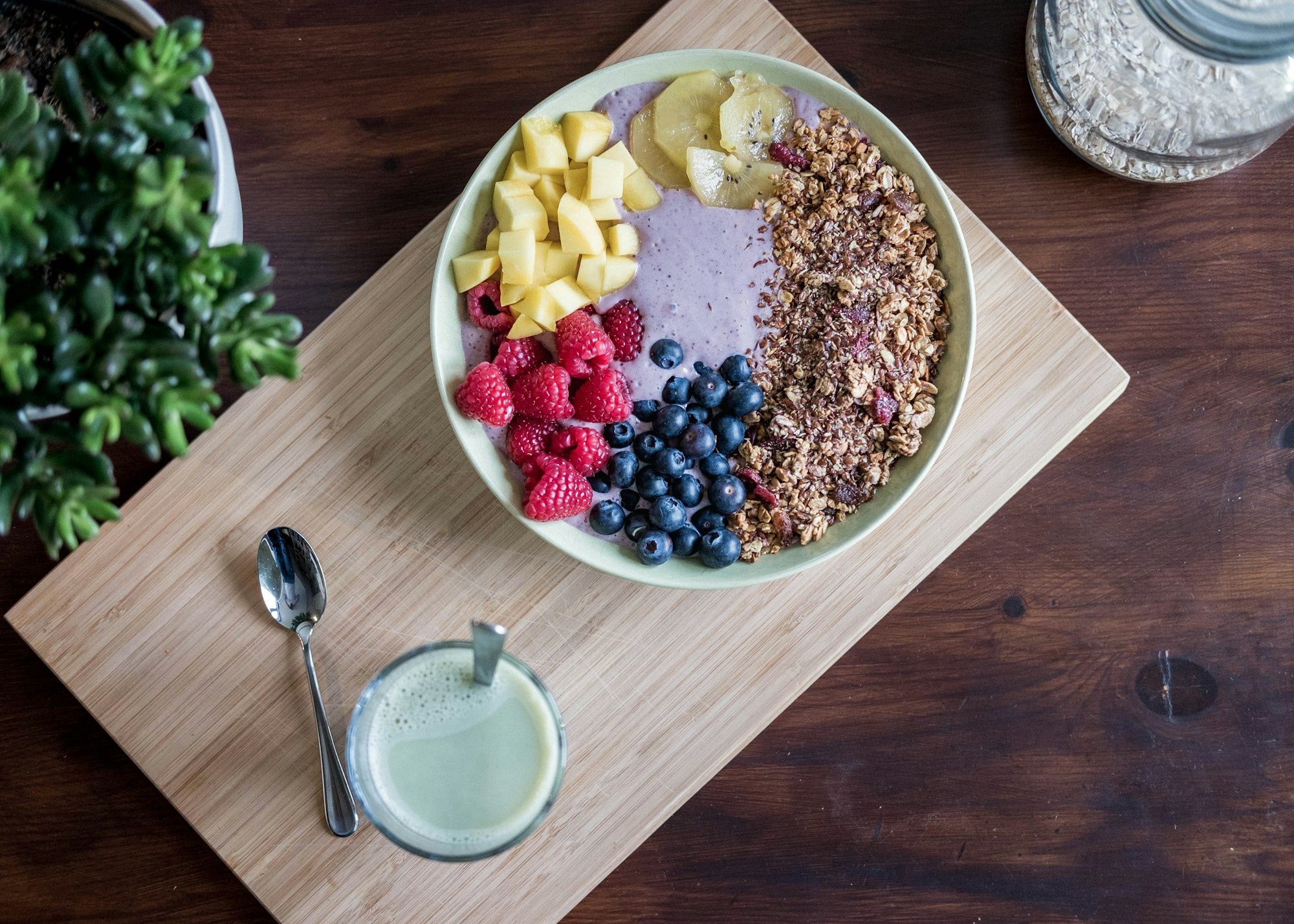Content Summary
Maintaining healthy cholesterol levels is crucial for heart health, and making wise dietary choices plays a significant role in achieving this goal. High levels of low-density lipoprotein (LDL), commonly known as bad cholesterol, can contribute to cardiovascular issues.
Fortunately, nature provides us with a range of foods that actively work to combat bad cholesterol. In this article, we'll explore five delicious and nutritious options that serve as cholesterol champions.
5 Foods That Fight Bad Cholesterol
- Oats and Barley
Starting your day with a hearty bowl of oats or barley can significantly impact your cholesterol levels. These whole grains are rich in beta-glucans, a type of soluble fiber that helps reduce LDL cholesterol. Incorporating oatmeal, oat bran, or barley into your breakfast routine can be a delicious and effective way to support heart health. - Fatty Fish
Fatty fish, such as salmon, mackerel, and trout, are loaded with omega-3 fatty acids. These healthy fats are renowned for their heart-protective properties. Omega-3s help lower levels of triglycerides in the bloodstream and promote an increase in high-density lipoprotein (HDL), the good cholesterol. Aim to include fatty fish in your diet at least twice a week for a tasty and heart-smart approach. - Nuts and Seeds
Almonds, walnuts, flaxseeds, and chia seeds are excellent sources of unsaturated fats, fiber, and plant sterols. These components work together to reduce LDL cholesterol levels. Snacking on a handful of nuts or incorporating them into salads and smoothies can be a convenient and enjoyable way to enhance heart health. - Fruits and Berries
Apples, strawberries, citrus fruits, and other colorful berries are packed with soluble fiber, antioxidants, and pectin. These compounds have been shown to lower LDL cholesterol levels and promote overall heart health. Including a variety of fruits in your daily diet not only satisfies your sweet tooth but also provides a natural defense against bad cholesterol. - Olive Oil
Switching to heart-healthy oils, such as extra virgin olive oil, can significantly impact cholesterol levels. Rich in monounsaturated fats and antioxidants, olive oil helps reduce LDL cholesterol while maintaining or even increasing HDL cholesterol. Use olive oil for cooking, drizzling over salads, or as a dip for whole-grain bread to harness its cholesterol-fighting benefits.
Add OMEGA+++ to Your Diet
Busy people who are constantly on the go often do not eat fatty fish as much as they should. Working moms and dads, singles, and all other categories of people, often eat on the run because food preparation takes time. Adding OMEGA+++ to your daily supplement regimen is quick and easy. Taking supplements in the morning or during lunch with water or tea can help give your heart the advantage it needs.
Studies show that the synthesis of triglycerides and Very Low-Density Lipoprotein (VLDL)—both bad fats—in the liver is greatly reduced by omega-3 fatty acids. Also, the time it takes to produce and break down VLDL is shortened, and in one study, LDL production was decreased.
Combined with other dietary manipulations, such as a reduction in saturated fat and dietary cholesterol, the use of omega-3 fatty acids helps support the lowering of bad fats and appears to have a positive influence. Fish oil combined with a low-cholesterol low-saturated fat diet has been shown to produce complementary effects.
Total blood cholesterol levels and LDL cholesterol were reduced by the low-cholesterol, low-saturated fat diet, whereas the blood triglyceride and VLDL were decreased by the fish oil. Many doctors suggest that in most situations, the use of fish oil supplements should be regarded as a positive influence towards helping to support the maintenance of lower blood fats. A lifelong diet rich in fish may be protective against plaque buildup in the heart as well.
The lowering of bad fats by omega-3 fatty acids coupled with their other known heart health benefits (if other factors are functioning correctly), appears to have an important potential role in supporting heart health and circulation.
COQ10 Is a Benefit of OMEGA+++
Coenzyme Q10 (CoQ10) is very much like a vitamin and is the co-factor necessary for the mitochondria (an organelle found in large numbers in most cells) to produce energy. The heart muscle and the liver are especially abundant in mitochondria. The heart muscle pumps constantly with no rest periods.
The benefit of CoQ10 Extended Release in the OMEGA+++ formula is that it is designed to stay in the body for 24 hours, which increases the bioavailability of the nutrient. Since CoQ10 supports the mitochondria, supplementing with this coenzyme helps to support heart cell functioning.


Try it, and if it doesn't work, it is on us! Our hassle-free return policy offers a 100% money-back guarantee within 60 days of delivery.
Get Your OMEGA+++ Here
Conclusion
Prioritizing heart health through dietary choices is a proactive and empowering approach to combat bad cholesterol. By incorporating these five cholesterol-fighting foods into your meals, you not only nurture your taste buds but also provide your body with the tools it needs to maintain a healthy cholesterol profile. Remember, these foods are most effective when part of a balanced diet that includes a variety of nutrient-dense foods and a healthy lifestyle.
Be Healthy and Happy!
Relevant Reads>>>





Thank you!









